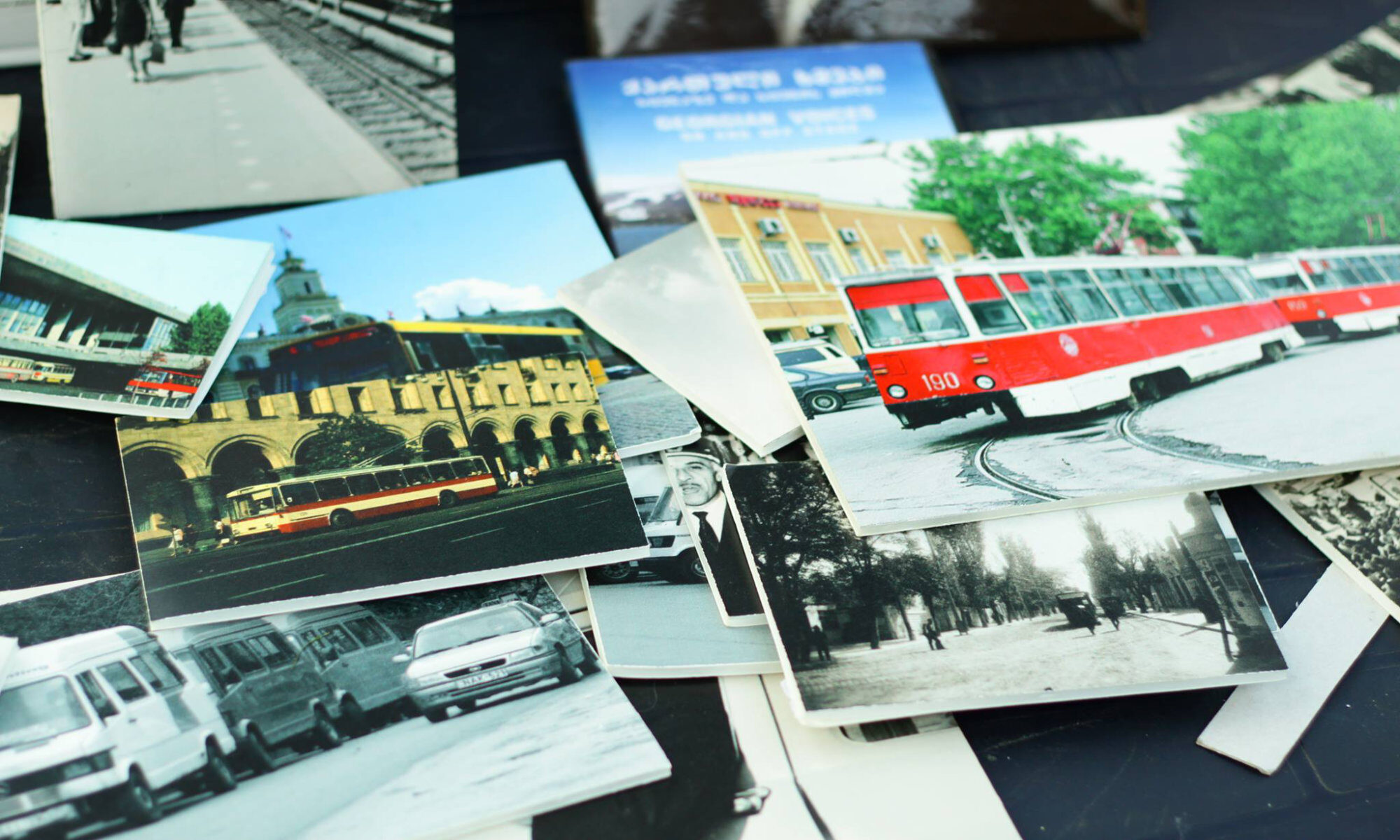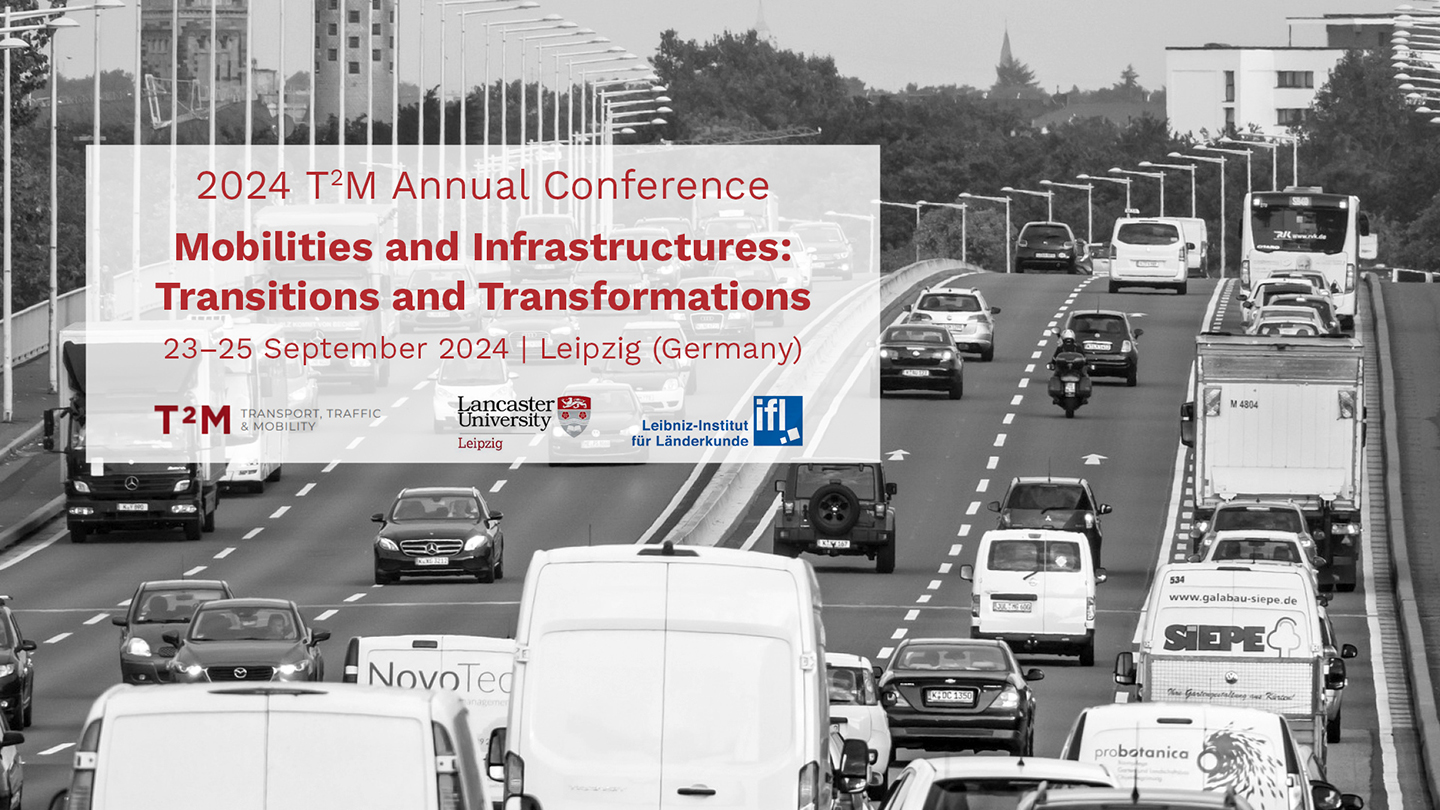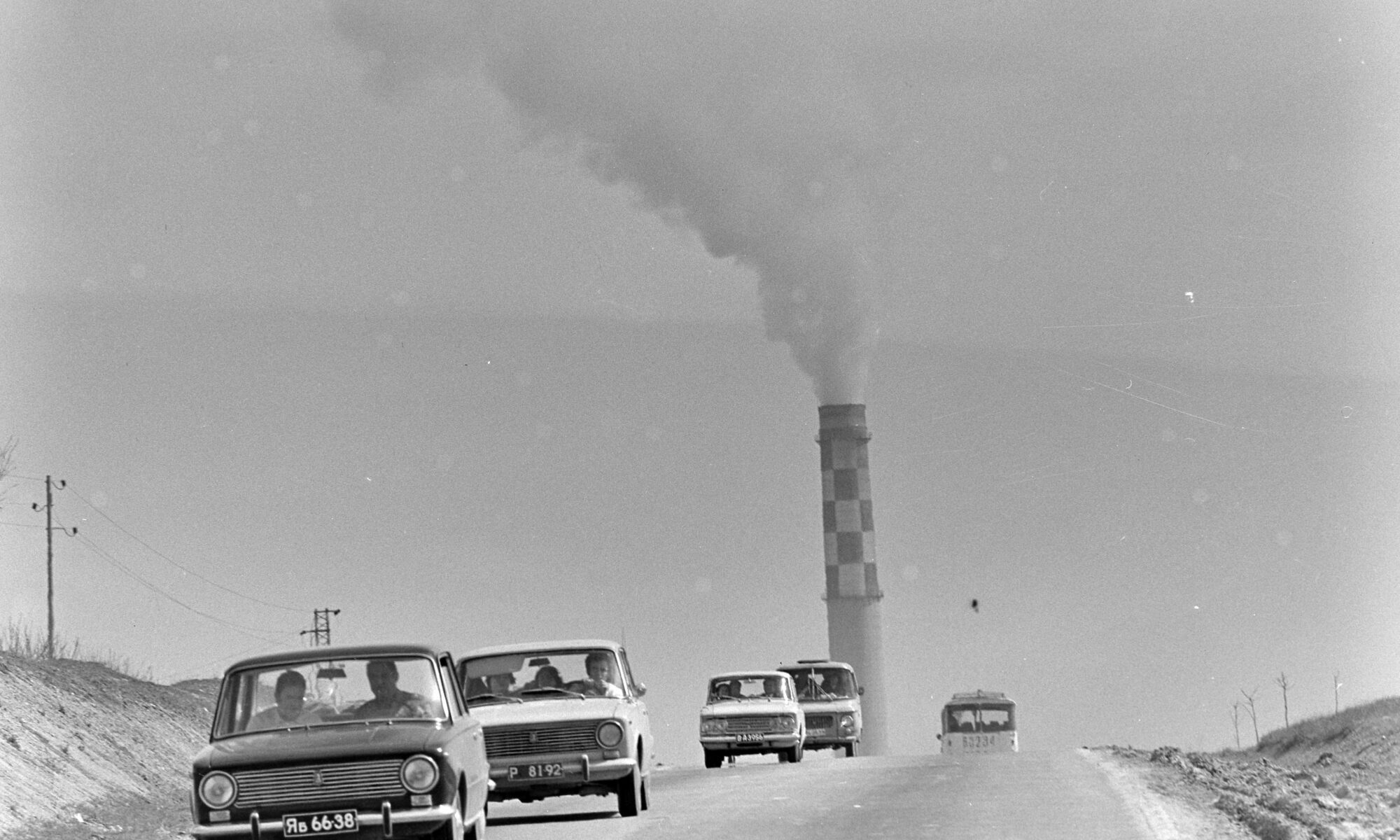The CoMoDe group is pleased to share open calls for three events that are important to us: the upcoming T2M, CATference and CASNiG conferences. As part of our team will be present, we would be happy to hear from you about organising joint sessions and panels.
Continue reading “Open Calls for T2M, CATference and CASNiG 2025 out now!”2024 T2M ANNUAL CONFERENCE
23–25 September 2024, Leipzig, Germany
Organised by the Leibniz Institute for Regional Geography (IfL), and Lancaster University, Leipzig, Germany. Final Conference of the CoMoDe Project (Contentious Mobilities: Rethinking Mobility Transitions through a Decolonial Lens)
Mobilities and Infrastructures: Transitions and Transformations
Modern societies are experiencing striking technological, ecological, socio-economic and cultural as well as political challenges – with mobility questions at the forefront of these contentions. Actors and institutions across the globe increasingly recognize the need for systemic changes in the ways goods, people, ideas, policies and capital are set in motion – usually framed in the terms of “mobility transitions”. Green deal policies are drafted and “just transition” funds are set up, acknowledging that transition to carbon-free futures will require substantial resources to succeed, but also to avoid uneven and unfair socio-spatial effects on nations, regions, cities, and rural places. Existing research has already criticized mobility transition policies for their narrow normative assumptions, their reliance on large-scale infrastructures and technological innovations, and elaborated on the concepts of mobility justice and commoning mobility as a way of devising collective and collaborative means of shaping mobility transitions (Cresswell et. al 2021; Sheller 2018). It is therefore time to interrogate how and in which ways have “mobility transitions” been framed in different places at different times in their multifaceted histories.
Continue reading “2024 T2M ANNUAL CONFERENCE”Call for Papers for the international conference: CULTURE, INFRASTRUCTURE, MOBILITY
EXTENDED CALL – NEW DEADLINE: 27.06.2023
Sofia, 09–11 October 2023
The history of modern technological infrastructure spans over two centuries and includes heterogeneous phenomena: from railroads, sewerage and water pipes, to telecommunications and digital networks. Its construction resembles a techno-world where modern humans live free from the natural constraints of their existence. This is an environment with very different possibilities, problems, freedoms and dependencies. Large infrastructure projects have a decisive influence on social, economic, technical, societal and administrative processes in modern societies. They shape the relations between sedentariness and mobility, define the rhythms and styles of life, consciousness, self-esteem and identity of individuals and groups.
The development of infrastructures has a key relationship to historical change. Infrastructure projects depend on cultural conditions for their emergence, but they also have important consequences for cultural change. They are an instrument for domination and homogenization of territories, for interaction between anonymous individuals, and for the integration of social groups. Transportation and communication infrastructures transform “imagined modern communities” into a new social and techno-cultural reality. They have a strong integrative but also disintegrative function, contributing to the homogenization of populations, making them technological carriers of power ideologies: Eurocentric, colonial or nationalist.Finally, infrastructure projects have their own history: almost two hundred years of development. The progressivist ideology with which they have traditionally been associated has been criticized and reconsidered. But development has not come to a halt, techno- optimism has not disappeared. New, even more far-reaching infrastructure projects are taking the place of the old ones. The role of digital communication, the Internet galaxy and social networks for the integration and disintegration of late modern society is not yet explored: they offer new possibilities but perhaps also unimagined dangers.
We aim to explore the following topics:
- Infrastructures, mobility, migrations: technological nomads, migration flows and “landscapes”, transnational hybrids and technology driven melanges.
- Infrastructures, communication and geopolitics: colonization, decolonization, post- colonization, self-colonization, and their cultural impacts.
- Infrastructures as instruments of social engineering and everyday governance.
- Regulations and resistance in new digital mobility services: capital flows and power constellations.
- Standardization, normalization, and homogenization: leveling of inequalities oremergence of new social inequalities and cultural asymmetries?
- Public transport: mobility services in the face of new technologies and modernization policies; circuits of knowledge production, contested norms and notions of modernity.
- Transformation of infrastructures and the cultural history of cities: centers andperipheries, urban spaces, territories and imagination.
- Historical evolution of infrastructures and evolving social and cultural competencies for their use.
- Forms of infrastructure – forms of cultural imagination: changing concepts, rhetoricsand “aesthetics” of infrastructure (images of the machine; images of progress from secession to geometrism, constructivism and minimalism; retro aesthetics).
- Infrastructure, acceleration, cultural impact. Accelerating infrastructures and their psycho-cultural impact on the individual. Decaying infrastructures, infrastructural disasters, and apocalyptic visions.
Please send a 250-word abstract and a 50-word bio to L_Pozharliev@leibniz-ifl.de and jdamianova@gmail.com no later than 27th of June 2023.
The conference is free of charge. Graduates, doctoral students and participants with financial difficulties whose submissions have been accepted may apply for travel grants of up to € 250 (in the form of reimbursement). A limited number of grants are available and will be given on an individual basis. Applications should detail the cost of travel and the amount applied for in an email to l_pozharliev@leibniz-ifl.de.
Confirmed Keynote Speakers:
- Prof. Dr. Dirk van Laak, Chair at the Institute for 19th to 21st Century History, University of Leipzig
- Prof. Dr. Arnold Bartezky, Head of the Department of Culture and Imagination, Coordinator of Art History at the Leibniz Institute for History and Culture of Eastern Europe (GWZO), Leipzig
- Dr. Wladimir Sgibnev, Leibniz-Institut für Länderkunde. Coordinator of the Research GroupMobilities and Migration and Head of the Leibniz Junior Research Group “CoMoDe”, Leipzig
Organising committee:
Dr. Lyubomir Pozharliev, Leibniz-Institut für Länderkunde Postdoctoral researcher, member of the research group II of the Leibniz Science Campus “Eastern Europe – Global Area” (EEGA), Leipzig
Prof. Alexander Kiossev, Head of the Cultural Centre at Sofia University
Prof. Daniela Koleva, Department of History and Theory of Culture, Sofia University
Dr. Zhana Damyanova, Maison des sciences de l’homme et de la société, Sofia
Call for Sessions/Papers: RSA Central and Eastern Europe (CEE) Conference 2022 in Leipzig
 The Call for Sessions/Papers for the RSA Central and Eastern Europe Conference “Bridging Old and New Divides: Global Dynamics, Regional transformation” from 13 to 17 September 2022 in Leipzig is open. The conference will be held in cooperation with the Leibniz Institute for Regional Geography, the Research Centre Global Dynamics of the University of Leipzig and the Saxon Academy of Sciences and Humanities in Leipzig.
The Call for Sessions/Papers for the RSA Central and Eastern Europe Conference “Bridging Old and New Divides: Global Dynamics, Regional transformation” from 13 to 17 September 2022 in Leipzig is open. The conference will be held in cooperation with the Leibniz Institute for Regional Geography, the Research Centre Global Dynamics of the University of Leipzig and the Saxon Academy of Sciences and Humanities in Leipzig.
- Special session submission deadline: 21 March 2022
- Abstract submission deadline: 16 May 2022
Call for Papers: Conference “Multiple Decolonialities and the Making of Asian Commons”
On February 11 and February 18, 2022 the online conference “Multiple Decolonialities and the Making of Asian Commons“, organized by Hong Kong Research Hub, Nanyang Technological University, Singapore and the Department of English and Cultural Studies, Christ (Deemed to be University), Bangalore, India, takes place. The call for papers is open until 15th of October. Especially presenters from Central Asia are warmly welcome.
Continue reading “Call for Papers: Conference “Multiple Decolonialities and the Making of Asian Commons””


